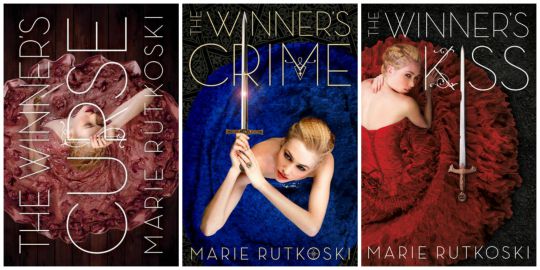For many, I know that 2016 was a year of more downs than ups. The reverse may also be true. I can't speak for everyone, only myself. So I'm going to outline my year by focusing on the personal events (as we all know what went down in November :( ).
2016: A Year in Review
- signed with my super-agent
- visited Harry Potter World and bought a chocolate frog
- finished writing my 5th manuscript, THE FINAL BRILLIANCY, which clocked in at 71k
- registered for my first ever Creative Writing course (!)
- also registered in a second semester of Chinese Language
February
- caught an extremely bad cold
- fell down a revision hole
March
- still lived in the revision hole
April
- climbed out of the revision hole!
- attacked by a bunch of shiny new story ideas. Saved for later
- honestly don't know what happened. Passed like a dream. Somehow earned a second semester of straight A's. Remembered to celebrate the academic successes
- decided to return to Taiwan for a second year of teaching the SATs (never escaping them :') )
- experienced a lot of heartburn :(
- still experiencing heartburn
- broke my phone two weeks into Taiwan (a first, and a last, I hope)
- still managed to take the MRT in the wrong direction
- tried to write, and failed
- ate an unhealthy amount of pizza. Who knew pizza in Taiwan was so good
- caught ANOTHER extremely bad cold. In fact, pretty sure it was the flu. Everything ached, including my teeth. Did a meet and greet with my students while I could barely breathe
- still living the phoneless life
- tried to write, and actually wrote in Starbucks, my true love. 13k.
- watched my first horror with my students
- watched Steins;Gate, and the recommendation of a student
- consumed more teppanyaki than I'm proud of
August
- said goodbye to my students :(
- returned from Taiwan and made a resolution to stop getting sick as often. Started to work out, aiming 4/7 days a week
- also made a resolution to eat healthier :')
- registered for a THIRD semester of Chinese Language
- registered for my first Chinese History Course
- mentoring in PW!
September
- still working out, and 5/7 days a week
- tried to buckle down into writing
- school. ack
- living with the dream roommates
- watched my first Korean drama. Don't let me do it again. It's bad for me
- still mentoring in PW!
- STILL working out. Somehow
- STILL school. ack
- existential crisis
- considered grad school
- tried not to think about grad school
- remembered that I'm now a junior
- turned 20; celebrated with friends. Probably my one social event of the semester
- stayed in the dorms during Fall Break to write
- more PW mentoring!
- pinch me but STILL WORKING OUT?!
- Still school x.x
- dream roommate gets into study-abroad for spring semester :D D':
- stayed in the dorms over Thanksgiving break to write (did go home for Thanksgiving dinner)
- registered for a FOURTH semester of Chinese language
- Started watching WESTWORLD and holy. Moly.
- PITCHWARS MENTEE GETS OFFER!
- is this working out thing here to stay???
- said farewell to the dream roommate
- straight A semester #3 but school is still ack.
- started reading my first Chinese book and basically googletranslating every other word, but PROGRESS
- STAYING IN THE DORMS TO WRITE OVER WINTER BREAK WOOOO!!! Actually though, it's good for productivity. But creepy. Probably won't do again, but still.
Highlights: Writing. Teaching in Taiwan. Getting heath...ier. Re-charged the creative well with a lot of amazing shows.
Could be better: Probably too much writing at the cost of a social life (or life in general). My goal in 2017 is to try to spend as much time as a hermit possibly can with friends and loved ones.
Here's to 2017! I'd love to hear about your year/what you're looking forward to in the coming one!





